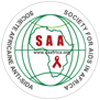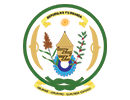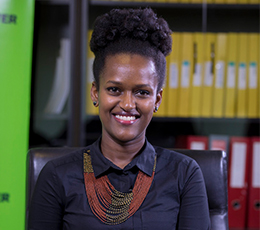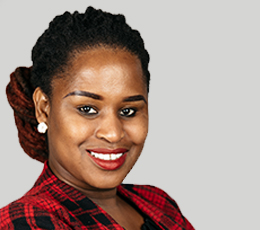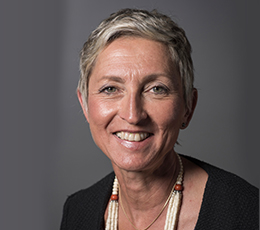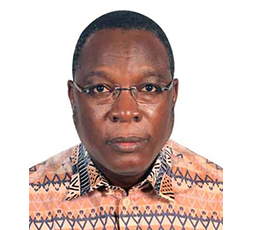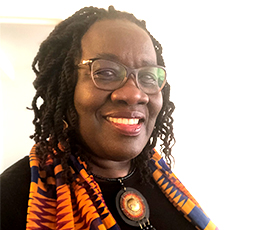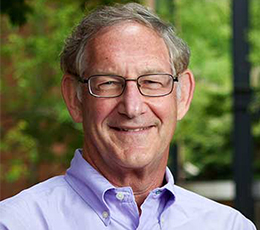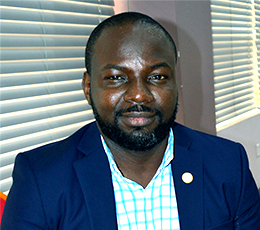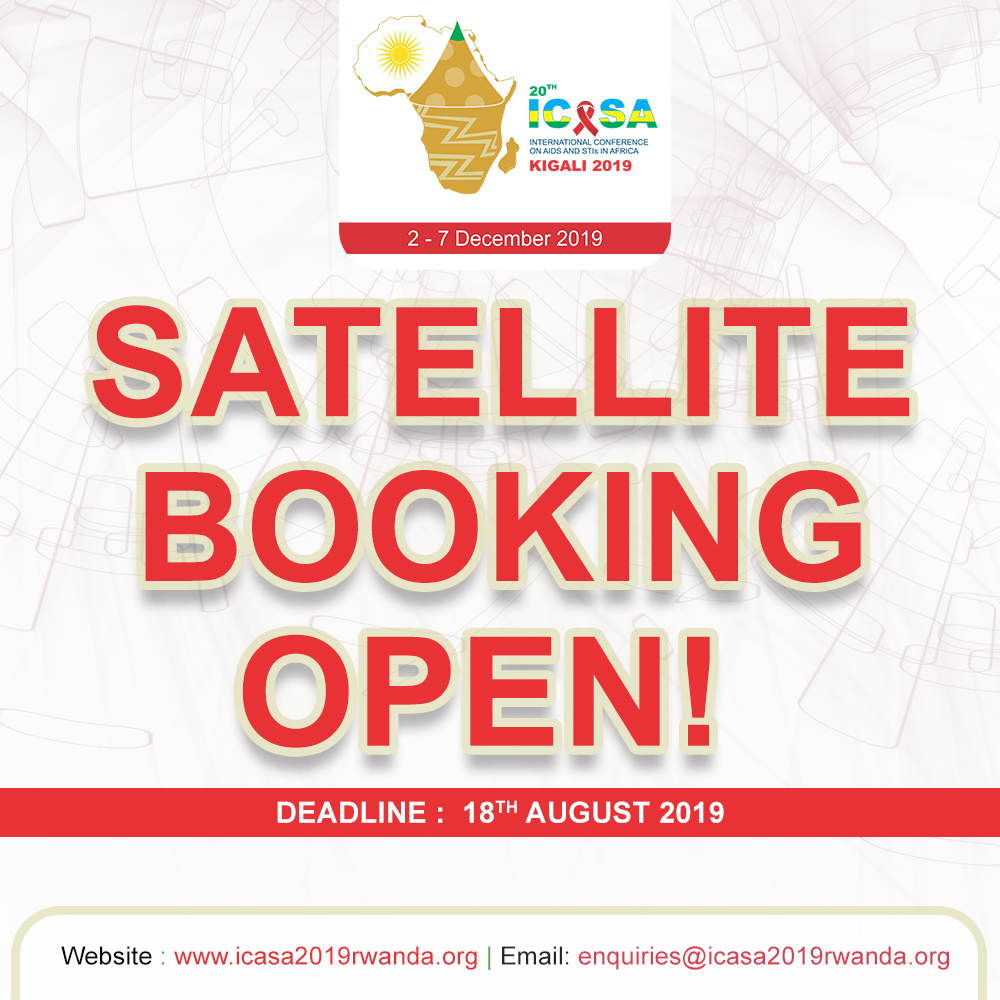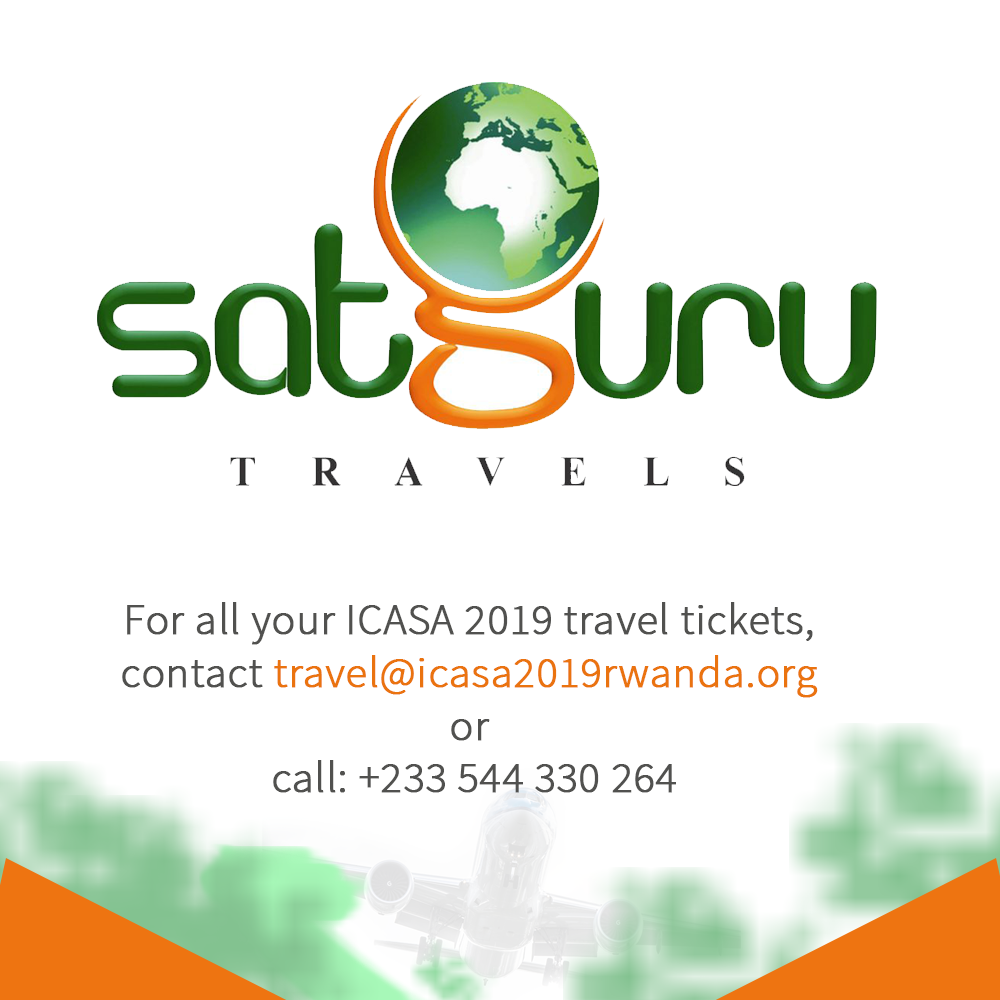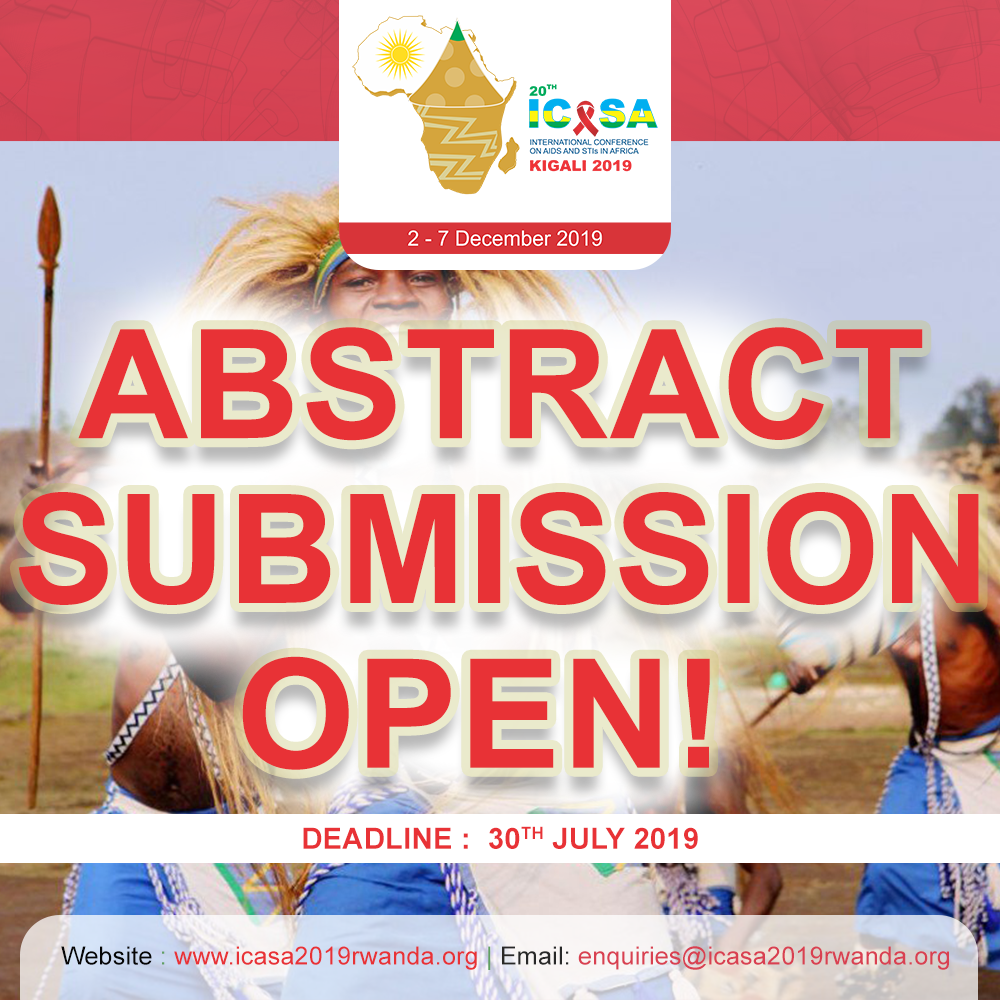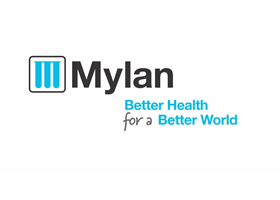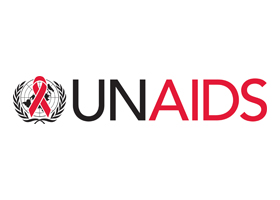Media Registration and General Rules
All foreign Journalist are advised to submit a full list of all the equipment they will be bringing into Rwanda including serial numbers to (media@icasa2019rwanda.org) urgently.
Kindly download the media accreditation requirements, in order to be allowed in Rwanda.
The registration for media representatives includes entry to all conference sessions, the exhibition and poster area, the opening and closin g session and the media centre. Conference bags and conference material will not be given to media representatives.
Kindly note that media registration for ICASA 2019 Rwanda is closed.
The conference organizers strongly recommend that media representatives bringing professional video equipment into Rwanda obtain a “Temporary Admission / Admission Temporaire” to ease customs processes at the border. Failure to follow Rwandan custom procedures may result in equipment being delayed at the border.
Registration confirmation
A registration confirmation will be sent by email after the ICASA 2019 Registration Department has received the fully completed registration form, the related payment (if applicable) and the applicant’s media credentials have been verified and confirmed. Media representatives may be requested to present this registration confirmation at the registration counter as proof of their registration.
Please note that access to the media centre may be refused without this identification.
On-site Registration
Most journalists will complete the accreditation process before the conference begins. However, an on-site accreditation desk will be available in the registration area located on the ground floor. The hours for on-site accreditation are as follow:
| Sunday, 1st December | 12:00 – 16:00 |
| Monday, 2nd December | 06:30 – 16:00 |
| Tuesday, 3rd December | 06:30 – 20:30 |
| Wednesday, 4th December | 06:30 – 20:30 |
| Thursday, 5th December | 06:30 – 20:30 |
| Friday, 6th December | 06:30 – 20:30 |
| Saturday, 7th December | 07:30 – 15:00 |
Journalists are encouraged to register online before the conference to avoid long delays –often up to several hours – when registering on-site.
Registration Name Change
A name change to an existing media registration is not possible. The granted media registration must be cancelled and the new media representative must register and submit the required documents.
Electronic Name Badge
All participants, including media representatives, will receive an official conference name badge. This name badge must be worn at all times during the conference and is not transferable. If, for whatever reason, a participant’s name badge is used by another person in his or her stead, the participant is fully liable for any consequences of this person’s actions. Access to the conference facilities and session rooms will not be granted without a proper name badge. For security reasons, your name badge will be scanned at the entrance to the conference venue.
All accredited journalists must check-in at the Media Desk in the Registration Area upon arrival at the convention centre. Please do not report to the Media Centre directly as you will not have access without an official name badge.
The conference name badge can be used as an electronic business card at some exhibition booths and at the entrance to some satellite symposia as a way for delegates to provide their contact details to exhibitors.
Lost name badge
The conference name badge must be worn at all times during the conference. Access to the conference facilities will not be granted without a proper name badge. If a media representative loses, misplaces or forgets the name badge, a handling fee of USD 60 will be charged for a new name badge. Upon handing out a new name badge, the lost badge will be deactivated and become invalid.
Conference Embargo Policy
In the case of ICASA 2019, as with most scientific/medical conferences, all conference abstracts are released to delegates and media under a strict embargo policy. A detailed breakdown of the embargo variations for different types of abstracts is available below. All regular delegates, presenters and media are asked to respect this policy.
Oral Abstracts
Information about the oral abstracts may not be published or presented before the start of the session at ICASA 2019 in which the abstract is being presented.
Oral Abstracts and Poster Exhibition Abstracts
Information about the oral poster discussion and poster exhibition abstracts may not be published or presented before 10:00 (Rwandan Standard Time) on Tuesday, 3rd December 2019
Embargo Breaks for Media Reporters
As well as having access to the materials detailed above, the media is also given prior access to the speakers’ slides. However access is only granted to media onsite at the conference and the same embargo rules apply meaning the information in speakers slides cannot be referenced or published before the start of the presentation.
Breaking of the embargo policy by a reporter will lead to one or more of the following measures:
Immediate suspension of the reporter’s media conference credentials
Immediate barring of the reporter from the meeting premises
Removal of the reporter’s name from the ICASA Media Distribution List for two years
No access to the next ICASA Conferences
Any breaches in the embargo by media will be brought to the attention of the Media Embargo Committee. If you have questions, please contact the ICASA 2019 communications team at media@icasa2019rwanda.org.
Access to full Abstracts Text
The posting of full abstract texts to the online Programme-at-a-Glance is now being staggered to reflect the timing of the updated Conference Embargo Policy. However, all delegates will be able to view the full abstract texts using the abstract CD Rom from Tuesday, 3rd December, 2019 at 17:30pm. Media delegates who prefer to use the Programme-at-a-Glance to view the full abstracts will still be able to do so, as a log-in and password will be available in the media centre to allow you access to the abstract texts through the Programme-at-a-Glance
Access to Speaker Slides
Media delegates will also be given full access to speaker’s PowerPoint presentations. The login and password will also be communicated to you in the media centre.
Media Access
All media accredited by the conference secretariat will have free access to the Media Centre. Media registrants will also have access to all sessions and exhibitions, including the Opening and Closing Sessions.
At certain times, access to some parts of the conference may be restricted because of space or security considerations. Coverage of restricted areas will then be arranged on a “pool” basis, and conference staff will escort selected journalists.
All sessions are open to journalists, however in some sessions there may be a ban on recordings, photographs and/or video due to protect the anonymity of speakers. Conference Secretariat offices are not accessible to journalists.
Access to Camera Platforms and Audio Distribution Panels
Reserved space for camera-persons and still photographers is available in Session Room 1 where all plenaries, the opening session and the closing session will take place. The space is at the front of the stage. In the press conference room located in the Media Centre, a camera platform will be available.
Space in front of the stage in Session Room 1 and on the camera platform in the press conference room is on a first come, first serve basis only. Audio splitter distribution panels will also be available at these locations.
Restricted Access to Positive Lounge
The Positive Lounge (lounge for persons living with HIV) is off-limits to journalists, except those who are themselves living with HIV, in which case, the person entering the lounge does so as a PLHIV and not as a journalist. We trust that all journalists will respect the privacy of the PLHIV Lounge.
Should you wish to interview a person living with HIV, please contact the Information Desk at the Media Centre. We will liaise with various NGOs and the Positive Lounge to set up interviews for you.
PLEASE NOTE! Protection of confidentiality of persons living with HIV
Many conference participants are people living with HIV/AIDS, and for many, their HIV status is unknown in their home countries. For this reason, we impose the following restrictions: In all conference sessions, you may film (video or photograph) the presenter/s of the session. The media may film group shots of the audience but if they film individuals asking questions they must obtain that person’s permission to broadcast/publish this information once the session is over and BEFORE it is broadcast/published. Session chairs may impose further restrictions regarding visual recording at their discretion. It might happen that minors speak at sessions and request anonymity. In this case, they must not be photographed or recorded on video and their real name should not be used.
On-Site Media Centre
Media delegates are strongly advised to bring their own laptops, however, conference organizers will able to provide some computers workstations.
The Media Centre will serve the needs of print, radio and broadcast journalists covering ICASA 2019. Services provided to registered journalists include: computer work stations, Internet connections, ISDN lines, printers and photocopying machines for limited numbers of photocopies. A multi-lingual communications staff will be available to assist journalists with editorial, technical and logistical support. A room will be available for interviews, and a press conference room will be used for the official daily briefing and third-party press conferences.
Location
The Media Centre will be located on (check on the conference map).
Opening Hours
Media Centre operations begin on Monday, 2nd December, at 15:00PM. The Media Centre is accessible from 8:00AM to 20:30PM (on Saturday 7 December it closes at 16:00PM) and is staffed between 08:00AM and 20:00PM each day.
Access
Access to the Media Centre is reserved for conference-accredited journalists. Should journalists arrange to interview non-media conference delegates, kindly meet the interviewee at the entrance to the Media Centre. Unaccompanied interviewees will not be allowed access to the Media Centre. On completion of the interview, kindly escort guests back to the entrance of the Media Centre.
Media Information Desk
A Media Information Desk at the entrance of the Media Centre will assist journalists with background information. A multi-lingual communications staff will be on hand to assist journalists with stories and facilitate interviews with conference officials before and during the event.
We aim at reducing the amount of paper used, therefore we encourage journalists to avoid printing material unless strictly necessary. Most, if not all of these documents (as well as many others, such as presentation slides) will also be made available electronically, through the online Programme-at-a-Glance.
Kindly note that while every effort is made to have press releases available to you in good time, delays are sometimes unavoidable and we ask for your patience in these cases.
Photos
Photographic coverage of the conference proceedings will be provided. High-resolution photographs will be available for download on the Online Media Centre of the ICASA 2019 website: (www.icasa2019rwanda.org).
Videos
Key sessions will be recorded and made available via the Programme-at-a-Glance (PAG).
Third Party Press Releases and Materials
Some tables will be made available for the distribution of press releases and materials produced by third parties (organizations other than the conference itself) in the Media Centre.
Press Conference Room
The Media Centre will be equipped with a press conference room. When not in use by conference organizers, the press conference room will be available for use by third parties (this refers to all parties other than the conference organizers, including presenters, NGOs, international organizations or agencies, and/or industry representatives).
An initial schedule of each day’s press conferences will be provided on the www.icasa2019rwanda.org website and in your media kit distributed at on-site check in. Updates will be posted at the information office in the Media Centre. Only accredited members of the media and press conference speakers will be allowed to attend press conferences.
Speakers’ Corner
In addition to the Press Conference room, a smaller meeting room, the Speakers’ Corner, is available. The Speakers’ Corner can accommodate up to 20 people and it is ideal for press conferences on very specific topics.
45 minutes slots for the Speakers’ Corner (Tuesday 3rd December and Saturday 7th December, from 10:30AM to 15:00PM) can be reserved in advance by sending a booking request at media@icasa2019rwanda.org with the title of your event and date/time of your requested slot, or directly on-site. Bookings will be approved on a first-come first-served basis.
Official Press Conferences
An official opening press conference will be held before the conference Opening Session on
Monday, 2nd December at 16:00PM, and will feature speakers from the opening session. At 14:15PM from Tuesday to Saturday, conference organizers will hold a press conference featuring daily plenary speakers and other key speakers from special sessions. All official press conferences will be in English and French.
Broadcast Facilities
Broadcasters are required to capture their own video, and obtain audio from the sound desks in session rooms and the press conference room.
Electricity
Electricity in Rwanda is between 220 and 240 volts AC. Make sure you go to an electric supplies store and buy an adapter if needed. International adapters will not be available in the Media Centre.
Online Media Centre
During the conference, the Online Media Centre will feature links to videos of sessions and press conferences, photos, presentation slides, speeches and press releases. Access to other information, including conference abstracts, presentation slides, news reports and summaries of scientific sessions, will also be available through the website.
Other Useful Information
Language
Kinyarwanda, English, French and Swahili are the official languages of Rwanda. However the conference is bilingual English and French.
Transportation
From airport to Conference venue
The road distance between Kigali International Airport and Kigali Convention Centre, Kigali is 3.41 miles (5.49 km). Approximately 11 minutes.
By Taxi
Kigali International Airport offers a 24-hour taxi service. Prices are fixed according to destination. The journey can take up 11 minutes depending on traffic.
Within Kigali
By Taxi
Delegates are encouraged to take metered taxis, or to check the price before getting in. Kigali traffic jams are uncommon, but may exist especially during peak hours. Surcharges often apply after midnight.
By Bus
ICASA 2019 buses will be available at the airport.
Banks and Currency
The monetary unit of Rwanda is the Rwanda franc and is written as (RWF). Banks are open Monday – Friday, 08:00 – 15:00. All the banks are open on Saturdays from 9:00 to 12:00. Foreign Exchange can be made in the banks. ATMs are located at major bank branches, most shopping malls, airports. Transactions are usually made in RWF.
Drink and Food
Delegates are encouraged not to drink tap water in Rwanda.
In Rwanda, there are many different cultures, and it is easy to find restaurants with quite variety of foods at the conference venue.
Security and Safety in Rwanda
In general, The Kigali Convention Centre is very safe. However, the usual travel precautions apply. Credit-card fraud is a growing problem worldwide, so only use your cards at established businesses and guard your credit card numbers.
In general, whether you are staying in the area close to the conference venue or traveling around the city, it is necessary to consider the following common-sense principles for travelers to any city: Avoid areas of the city that are unfamiliar to you.
1. Always travel with someone or in a group.
2. Beware of pick-pockets.
3. Avoid carrying large sums of money with you; bring only what you will need.
4. Always let people know where you are and, if possible, carry a mobile phone with you.
5. Always carry identification (including a copy of your passport) with you, along with the name, address and contact information of your hotel.
Time Zone and Phone Calls
Rwanda is (UT+0) of Greenwich Mean Time (GMT).
Emergency telephone numbers: TBD. Calls to the European Union and GSM standard emergency number 112 are automatically routed to 999 operators.
Dialing to Rwanda from abroad: +250, followed by phone number. Dialing internationally from Rwanda: by country code, and phone number. Dialing fixed lines within Rwanda: by area code, and phone number.
Taxes and Tips
A 15% goods and service tax (GST) is applied to all goods and services.
The custom of tipping is not practiced in Rwanda. To tip or not depends entirely on you. Most hotels and large restaurants have already included a 6% service charge.
ICASA 2019 Communication Team Contact Information
Please note that the latest updated contact details, including the Media Centre phone number, will be made available on the ICASA 2019 Media Centre page shortly before the start of the conference.
Read more on Accreditation requirements.


